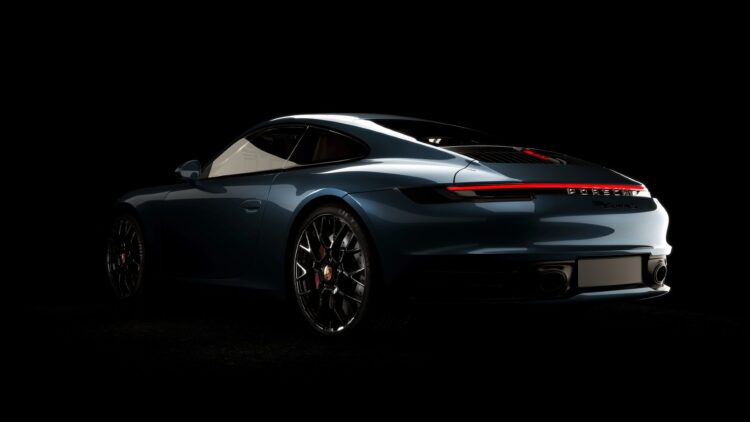Porsche in particular – a maker of high-performance sports cars – has recently made clear its future powertrain vision. Hydrogen cars have been cancelled by the automaker and now the brand along with its alliance partners are fully geared up to produce electric vehicles, or EVs and internal combustion engines, or ICEs. That is why this strategic shift matters to Porsche as a brand committed to responding to market needs and trends as well as technology innovations.
Porsche abandons hydrogen: Here’s the radical move they took
Porsche has declared itself out of the hydrogen fuel cell electric vehicle market officially. Using its logic the company rightly deduced that hydrogen propulsion is not in sync with performance and efficiency benchmarks. It makes Porsche focus on the improvement of the EV and ICE products it deems fit to carry the Porsche brand by dedicating more resources to its research.
Thus, focused on EVs and ICEs, the company plans to offer its clients cars that would meet the desired driving experience. This focus allows the company to improve upon current technologies within these areas while also considering new approaches within the same domains.
Even with the transitions starting to show in the direction the automotive industry is moving toward electric cars, Porsche still sticks to ICE. It intends to stay committed and focused on the existing gasoline engines as well as invest in its new gasoline engines in models such as; the Cayenne and Panamera. This approach is in line with Porsche’s acknowledgement of constant customer interest in long-term ICE vehicles.
Hybrid flexibility: The next move in Porsche’s efforts to meet the customer needs
Porsche will continue to develop new, dynamic ICE models to make certain that drivers interested in traditional gas-powered vehicles do not have to compromise on performance or fun. This approach helps the carmaker to stay loyal to its legacy while at the same time leveraging new technologies.
Next to the ICE and EV solutions, Porsche is considering hybrid propositions for future vehicles. This consideration includes the option to begin the next generation of vehicles, which are planned to be fully electric vehicles, with possible Hybrid or combustion engines. This flexibility is exercised to meet customers’ needs and answer market signal calls.
With the hybrid versions, Porsche can offer customers a stepping stone to full electrification that they may not yet be ready for. It extends the applicability of this strategy and captures the diverseness of the market or acceptance of electrified automobiles.
Adapting to market trends: Why Porsche’s strategy works
The case of propulsion strategy in Porsche is an exact reaction towards current trends of the market and customers. The company accepts that electric mobility is undergoing a development process at different paces across regions and market segments. To address the dynamics prevailing in the automotive market, Porsche will continue to produce electric, conventional, and possibly interval hybrids.
The decision of Porsche to cease the development of hydrogen fuel cell technology is also very pragmatic where questions of infrastructure and energy density are concerned. Hydrogen, however, is characterized by relatively large investments in the construction of fueling stations which are presently scarce worldwide. Further, the process of converting hydrogen into the energy required for propulsion is slightly less efficient than the present electric battery technologies. This also supports Porsche’s vision to concentrate on solutions, which create better scalability and meaningful use both for the company and consumers.
This makes it easy for Porsche to be flexible in procuring its raw materials and be in a position to meet customers’ needs flexibly. This way, the company can cover the needs of as many customers as possible, as well as experiment and remain loyal to the principles of providing the highest possible quality of products and high-performance characteristics of vehicles.

